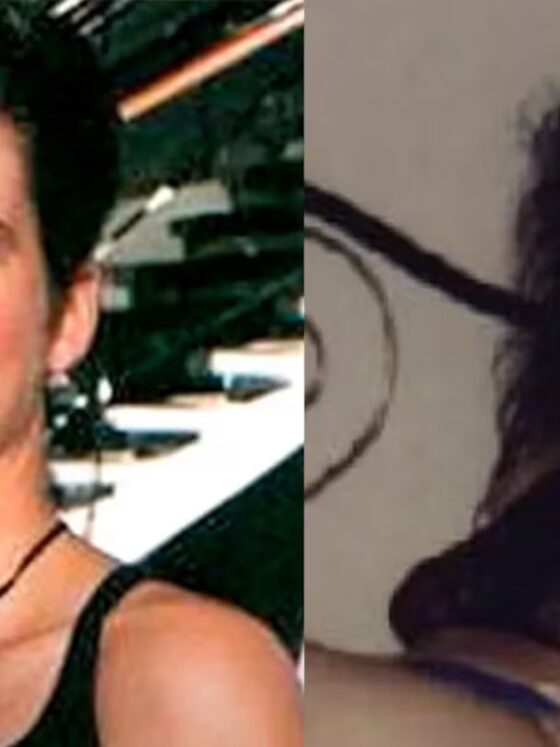

‘Persuasion’ Review: The Present Intrudes Into the Past
Our critic described an adaptation of the rekindled romance in Jane Austen’s final novel, starring Dakota Johnson, as a smirk-inducing experience.
Adapting Jane Austen’s final novel, “Persuasion,” into a more contemporary setting is ironic because the new, not-quite-modernized version expresses its tense relationship with the 19th-century source material in a repressed, passive-aggressive manner.

This film, retelling a beloved story in the present day, does not take any creative leaps. Instead, they imply their displeasure with Georgian-era social norms through the novel’s period setting, which feels out of place.
The film and the novel begin in the early 1800s, as the story’s heroine, Anne Elliot (Dakota Johnson), visits her sister Mary (Mia McKenna-Bruce) in the English countryside after their father squandered the family savings.
Unmarried Anne is fortunate to have the support of her blue-blooded relatives. But in direct address to the camera, Anne admits that she is haunted by the memory of a love affair she was persuaded to end with an enterprising but fortuneless sailor, Frederick Wentworth (Cosmo Jarvis).

Anne’s regrets only grow when Wentworth returns to the country as a wealthy naval captain. Anne is eager to find a wife, and even if he first sets his sights on Anne’s sister-in-law, Louis Anne’s Towle, he always returns his attention to Anne. As a big-budget period drama, this film has all of the sexy accoutrements one would expect to see in one.
There are opulent mansions, elaborate costumes, and awe-inspiring landscapes. However, the modernity crisis fundamentally plagues this beautiful adaptation, starting with the way it portrays its protagonist.
Johnson’s smoky eyeshadow and bright pink lipstick give her the air of a celebrity who is willing to reveal her secrets to the world. Her grin seems sarcastic. Ron Bass and Alice Victoria Winslow wrote the script, peppering it with memes like “Now we are worse than exes,” making them a perfect match for her performance. “We’re pals,” he says.
The stark difference between modern dialogue and Austen’s language is that Austen’s style is more formal. The need to maintain the appearance of contemporary chic seems to have swallowed up the story’s protagonist, its plot, and even its themes of regret and loneliness.

It’s difficult to imagine that Austen fans will find comfort or escape in Carrie Cracknell’s novel version. The painful past and present tense create a disarmingly naked window into current Hollywood filmmaking anxieties. Rather than risk presenting a pre-feminist heroine who lacks confidence, it is better to have the entire film be a sceptical, uncertain affair.














